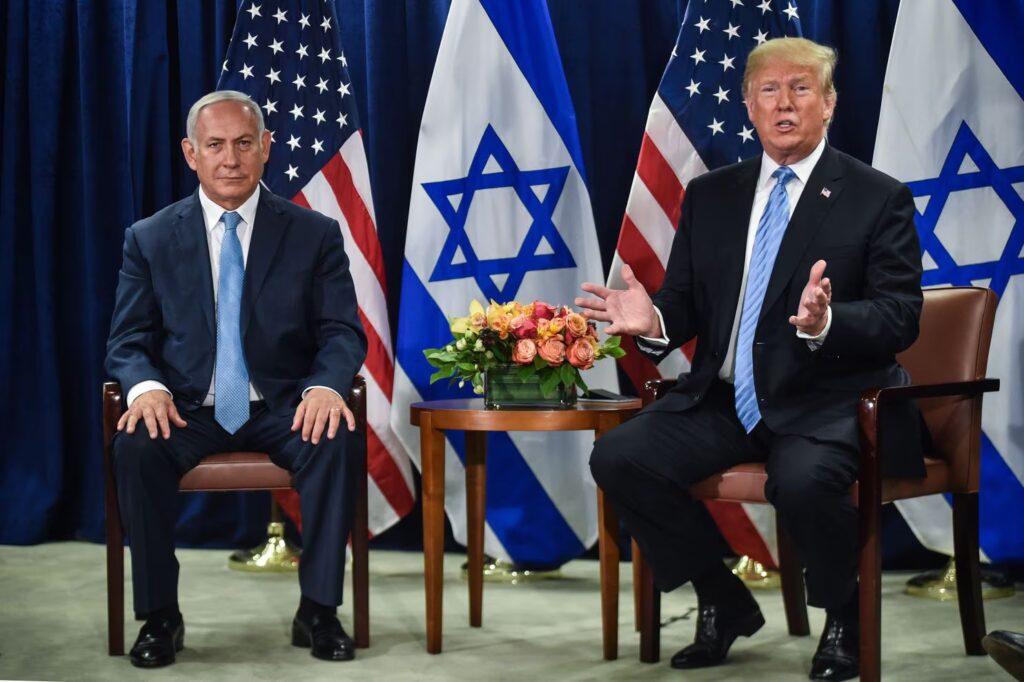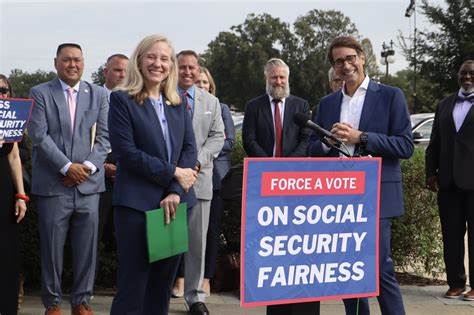As Washington prepares for the 119th Congress and Trump’s return to the White House, the landscape of US-Israel security assistance faces significant transformation. With the current defense Memorandum of Understanding (MoU) set to expire in 2028, both nations must navigate new political realities that will reshape their longstanding security partnership.
Shifting Political Dynamics
Immediate Changes
- End to “slow-walking” of arms exports
- Faster processing of military equipment deliveries
- Return to normal procurement procedures
- Increased pressure from defense manufacturers
Trump’s Return Emerging Challenges
- Growing right-wing skepticism of foreign aid
- Republican focus on domestic spending priorities
- New emphasis on government efficiency
- Changing attitudes toward international assistance
The New Security Landscape
Current Framework
- 2016 Obama-era MoU still in effect
- Generous funding provisions
- Limited domestic manufacturing incentives
- Heavy reliance on US production
Future Considerations
- Need for Israeli self-reliance
- Domestic manufacturing capability
- Reduced dependency on US financing
- Strategic procurement planning
Policy Transitions
Short-term Impacts
- Expedited arms deliveries
- Renewed defense cooperation
- Streamlined approval processes
- Enhanced military readiness
Long-term Strategy
- Development of Israeli defense industry
- Gradual reduction in US dependency
- Enhanced manufacturing capabilities
- Strategic resource allocation
Advocacy Priorities
Key Focus Areas
- Stable military assistance
- Enhanced bilateral cooperation
- Technical knowledge transfer
- Industrial base development
Strategic Adjustments
- Adapted messaging for new administration
- Focus on mutual benefits
- Emphasis on strategic partnership
- Economic impact considerations
The approaching Trump’s Return administration presents both opportunities and challenges for US-Israel security cooperation. While immediate improvements in arms delivery and military assistance can be expected, long-term trends suggest a need for Israel to develop greater self-reliance in defense production. Success in this new era will require careful navigation of changing political dynamics and strategic adaptation of advocacy efforts to ensure the continued strength of the US-Israel security partnership.











